Xinjiang Licheng craftsmen use tree "leftovers" to crack the road to prosperity
On April 6, in the Pear Craft Farmers' Professional Cooperative in Wuxia Ketiereke Village, Awati Township, Korla City, Yahefu Naizir and his apprentice Abdu Aini were measuring the size of the Dutar model. Busy busy.
"I have revised this Dutar for the fifth time. There are always deviations between the electronic version of the design drawing and the actual operation. I hope this time can be successful." Yahefu explained the grinding essentials to the apprentice.
Entering the cooperative, all kinds of ornaments with fine workmanship and retro color matching, characteristic handicrafts with strong ethnic style, and exquisitely shaped ethnic musical instruments become more and more beautiful under the background of light and shadow. This year is already the second year that Yahefu has "displayed" his craft in the cooperative. Two years ago, he changed his career from a truck driver and wanted to plan a new way to make money for himself, so he started from what he was good at.
"I have been fond of handicraft making since I was a child, and I hope to open a cooperative of my own. I feel very happy to fight for it." Yagafu said with a smile.
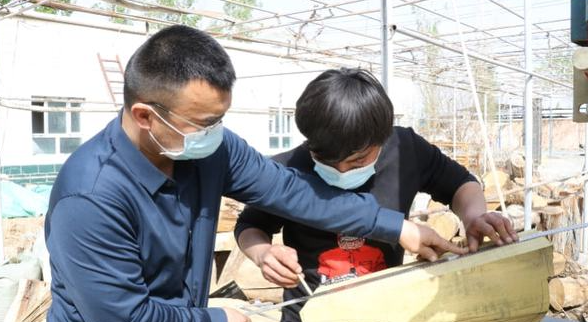
At the beginning, Yahefu could only sell his works through small videos. Gradually, when he got customers, he began to make some small and practical handicrafts for sale according to everyone's needs.
"This is a skill that uses hands, eyes, and heart together. The technique must be accurate, the eyesight must be good, and the heart must be quiet." Yahefu introduced that the production of small ornaments can be completed a dozen times a day, and the carving of musical instruments can reach as many as twenty or thirty. There are more than ten kinds of carving tools for different purposes, and some even take a month to complete. When creating, the ground saw more and more chips, and images gradually emerged. For him, making a handicraft is not "carving" the craftsman's skills and heart.
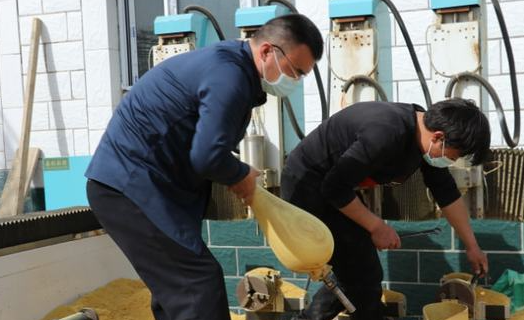
Abudu Aini was Jagep's good brother and neighbor. When he learned that he was going to develop a business in handicrafts, he did not hesitate to cooperate with him. "Following him, I learned one more skill, and my life got better and better as my income increased." In Abdu's mind, Master Yahefu was an experienced craftsman who "keeps improving". According to him, the 37-year-old Yahefu can always turn pear, elm and other trees into miraculous. With the skills of turning waste into treasure, he increased his income and became rich. At the same time, he gave these waste "leftovers". "New value.
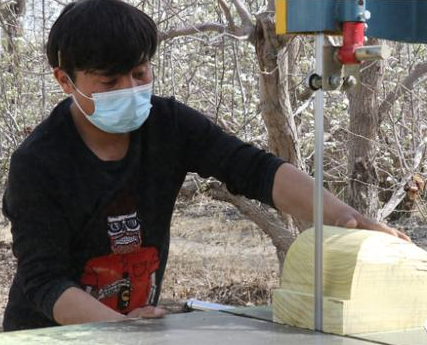
Xie Peng, Secretary of the Party Branch of Wuxia Ketiereke Village, Awati Township, said: "As the orders continued to increase, the township government also provided him with a house as a handicraft processing room, and suggested him to expand the scale of handicraft production. , take a professional path." The hot-selling handicrafts gradually "out of the circle" of Yahefu's skills, and the recognition of customers also gives him the satisfaction of meeting "confidants". He is happy to communicate with everyone, and seizes the various sales channels and training opportunities provided by the village to learn from the experience, and all his thoughts and feelings are transformed into inspiration at his fingertips.
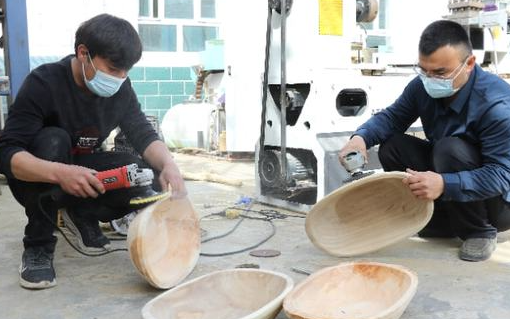
Today, he has developed more than 30 cultural and creative craft products based on pear wood and elm wood. It ranges from a series of ethnic musical instruments from Dutar to decorative ornaments. Bowls, basins, water cups, pen holders, Dongbula... He can make them according to customer needs. At present, a large number of handicrafts are also displayed in the cultural and creative tourist center in Wuxiake Tiereke Village, Awati Township. Last year, Yahefu made a lot of money just by making handicrafts, nearly doubling his previous income. .
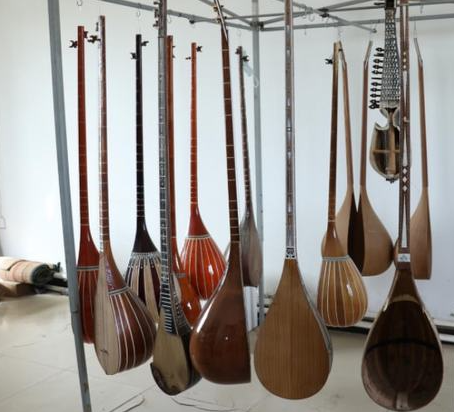
“I received an order of 16,000 yuan in the past two days, and I am rushing to make it. The times are developing, and my skills must also move forward.” Talking about future plans, Yahefu said happily. "I hope to continue to create more popular cultural and creative craft products that are in line with the times, so that more people can understand our local ethnic characteristics in Xinjiang." Ya Hefu said.
 渝公网安备 50010702504639号
渝公网安备 50010702504639号